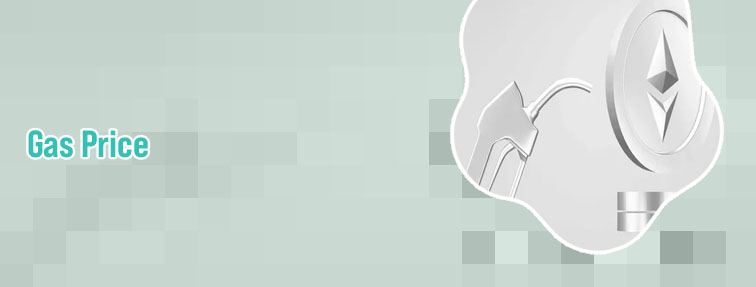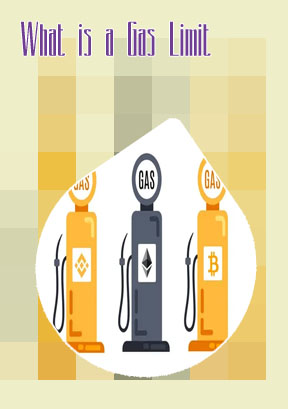

Buy BCH with credit card
The gas fees are essentially the compensation paid to miners for confirming transactions and putting them into the blockchain, a procedure that takes time and effort. Therefore, the gas fees serve as an incentive to encourage individuals to start mining and contribute to preserving the reliability of the decentralized ledger. What are ethereum gas fees Individuals cannot use gas fees to offset personal income. However, businesses can deduct any expenses related to operating their business. If the nature of your business involves transactions on the Ethereum blockchain, you will most likely be able to deduct gas fees on your business tax return.

Gas fees are made up of two components: the gas price and the gas limit. The gas limit is the maximum amount you're willing to spend and the base fee rate is how much it'll cost per unit of gas. You can also choose to add a tip if you want stakers to prioritize your transaction and push it through the network faster. All that adds up to your total fee. How Are Bitcoin and Ethereum Different? How Are Bitcoin and Ethereum Different?While Bitcoin and Ethereum are often compared to one another, the two fulfill different — though often complementary — roles within the blockchain ecosystem.
To reduce the cost of your total gas fee through a lower base fee, you could make your transaction on the network at a time when fewer people are using the blockchain. This is because, in a way, base fees are a representation of demand for using Ethereum. Gas fees are higher when more work is required to interact with the Ethereum network. More work is required when there are more people trying to interact with the network. Therefore, if you can find a time where there is less demand to interact with the Ethereum network, you could spend less on gas by reducing the base fee of your transaction. Weekends are usually the best time for that. Notes Crypto gas fees are a subset of transaction fees specific to smart contract blockchains. Ethereum was the first blockchain to use smart contracts and the first to introduce the practice of crypto gas fees. Today, many competing layer-1 blockchains like Solana (SOL), Avalanche (AVAX), and Polkadot (DOT) charge gas fees to use their networks.
There are a few crucial aspects of using gas or transaction fees in public, permissionless networks: What Does Gwei Have to Do With Gas fees? Transaction fees work similarly in the world of cryptocurrencies. Every time you transfer digital assets, you pay a fee. However, these crypto fees don't go to a centralized company. Instead, the transaction fees on a blockchain go to the node operators that secure the network. Most blockchains choose a validator per block to receive the fees for validating a transaction.